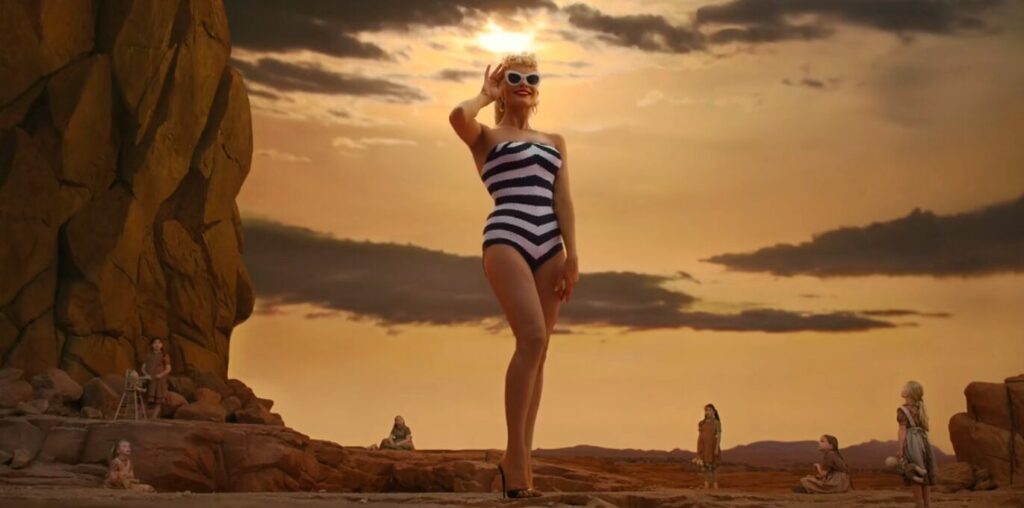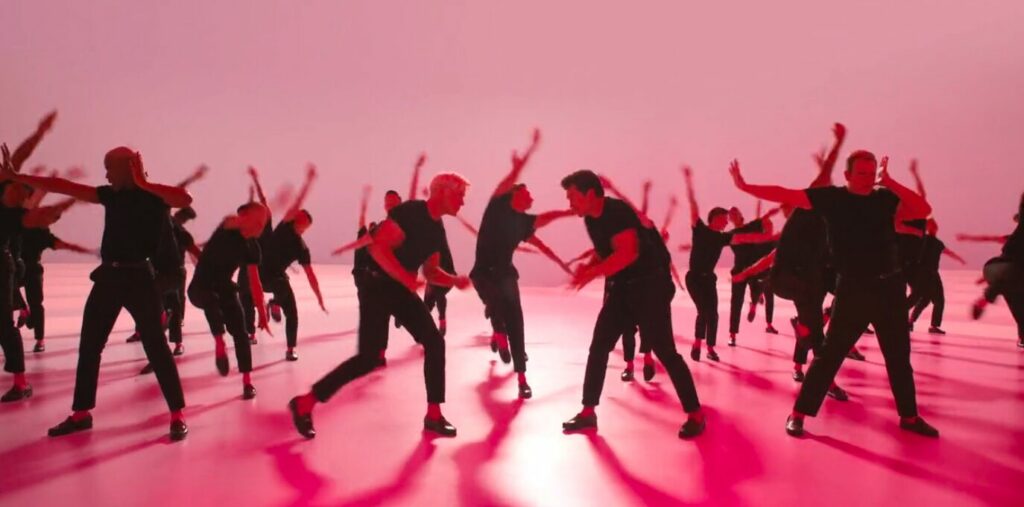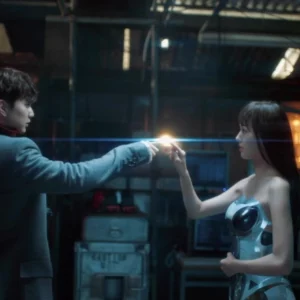I hated Barbies.
There was a period, oh about 30 years or so ago where saying “I hate Barbies” was not so much of a radical statement. Almost everybody else hated Barbies as well. It was akin to saying, “I hate ABBA and its bubblegum pop” and nobody had yet come along to try to reclaim it. Try saying you hate ABBA – or Barbies – now.
I hated Barbies. I still do actually. There, it’s said.
Most importantly, I hated how Barbies were considered the toy I was supposed to want without any reference to what I, as an individual young human, actually liked. Just like I was supposed to like pink and kept receiving gifts of toys and clothes in pink until my voice rose up in desperation, “Just please make it not pink, just please make it not a doll.” I was ignored.
Girls like pink and girls like dolls. Actual reference to any specific girl not allowed.
My brother actually liked playing with dolls. He got Lego. I played with the Lego, he harassed me to play Barbies. You can see where this is going.
Because of this, Barbie was a part of my childhood only as a constant source of frustration and aggravation. It’s not just that Barbie did not look like me (or like any other woman – except, it now appears, Margot Robbie). It’s that Barbie was inherently passive and her many careers mostly just involved a wardrobe change and I could not care less about a dream house and convertible, then as now.
Seriously, what are you even supposed to DO with a doll? It just sits there.
In fact, the only thing you could really do with a Barbie was destroy it (to somewhat step on my next point) and destruction was never really my thing even as a child.
It’s somewhat ironic, then, that destruction is in many ways the main theme of the recent Greta Gerwig extravaganza that is the Barbie film. Or, if not destruction, then, at the least, iconoclasm.

The #Barbenheimer meme, rich on poetic contrasts – pink and black, fantasy and biography, masculine and feminine – works better even than most people realise since Barbieland is about to be radically assaulted. And Barbie as well with her relatable midlife existential crisis.
And yet Gerwig is here not to bury Barbie nor to praise her. In the best of liberal feminism, she is here instead to reclaim her. It’s not about destroying Barbie but making of her what you need her to be. A metaphor for the experience of socialised femininity generally (at least in a particularly American way, a point for a different writer to expand on).
But more than that. And much more than that.
Several days later I’m still trying to parse through the extraordinary depth and layers of Barbie as a film: it’s nuance, entendres and its apparent contradictions.
For complexity and multi-faceted beauty, I can’t think of another film with such dense meaning layered into every moment. Certainly not since the amazing Everything Everywhere All At Once. And yet that maelstrom of ennui, depression and domestic dissatisfaction is a whirlwind of meaning. Barbie by contrast is a diamond. A very pink one.

Every time I think I’ve nailed the film down either as a liberal feminist critique, an analysis of the rise of Incel misogyny, a personal journey through film history, a discussion of the importance of representation, or a call to individual self-actualisation, I find another layer. And another. And yet another.
Viewed from a different angle, a different lens or a different time it becomes something else while remaining fundamentally the same. Diamonds are dense, sharp and refract light. There is so much to Barbie that its meaning scatters even as it stands glittering and inviolate: its apparent contradictions never detracting from its core identity but instead revealed as part of its intricate whole.
Which is not to overlook the simple fact that the film is funny. Extremely funny.

From its utterly brilliant first scene homage to Kubrick’s 2001: A Space Odyssey, it manages to utilise satire, parody, slapstick, and just general understated wit. All this serves to make Barbie most of all a load of fun even as you’re side-eying its occasional lapse into heavy-handedness.
Barbie has benefited from a clever and very expensive marketing campaign, made possible by bringing Mattel on board from the very beginning – and keeping them on side as well. It is, as a result, a commercial endeavour with inevitable associations with the consumerism that many people disliked about Barbie (the doll) to begin with.
But beyond this, Barbie as a film really is just that good. Like it, hate it, identify with it, disagree with it. Wish it was the Barbie getting smashed at the Monolith. Feel all the things. (It is art, after all).
Barbie is, above and beyond anything else, just a damn good piece of cinema.
